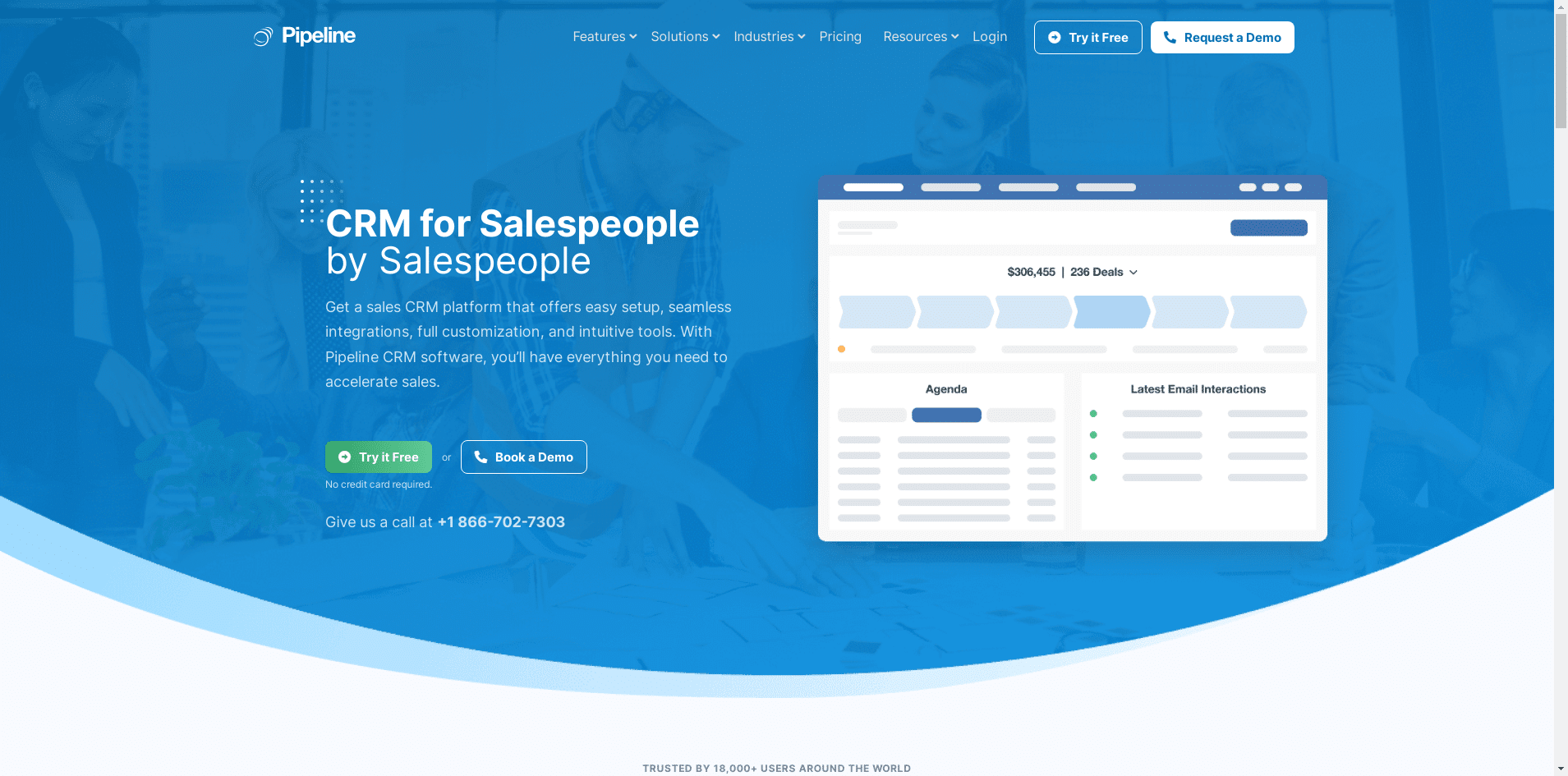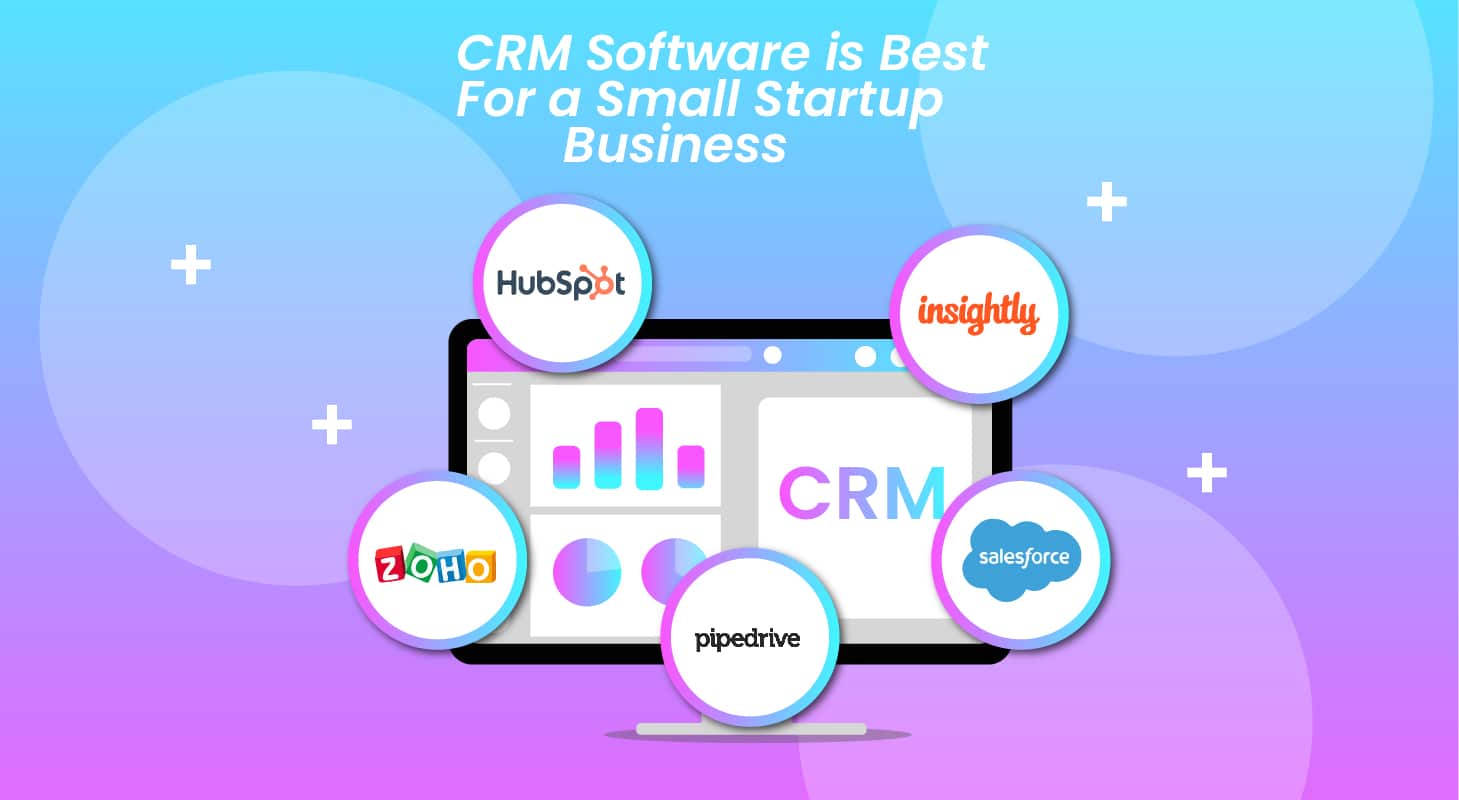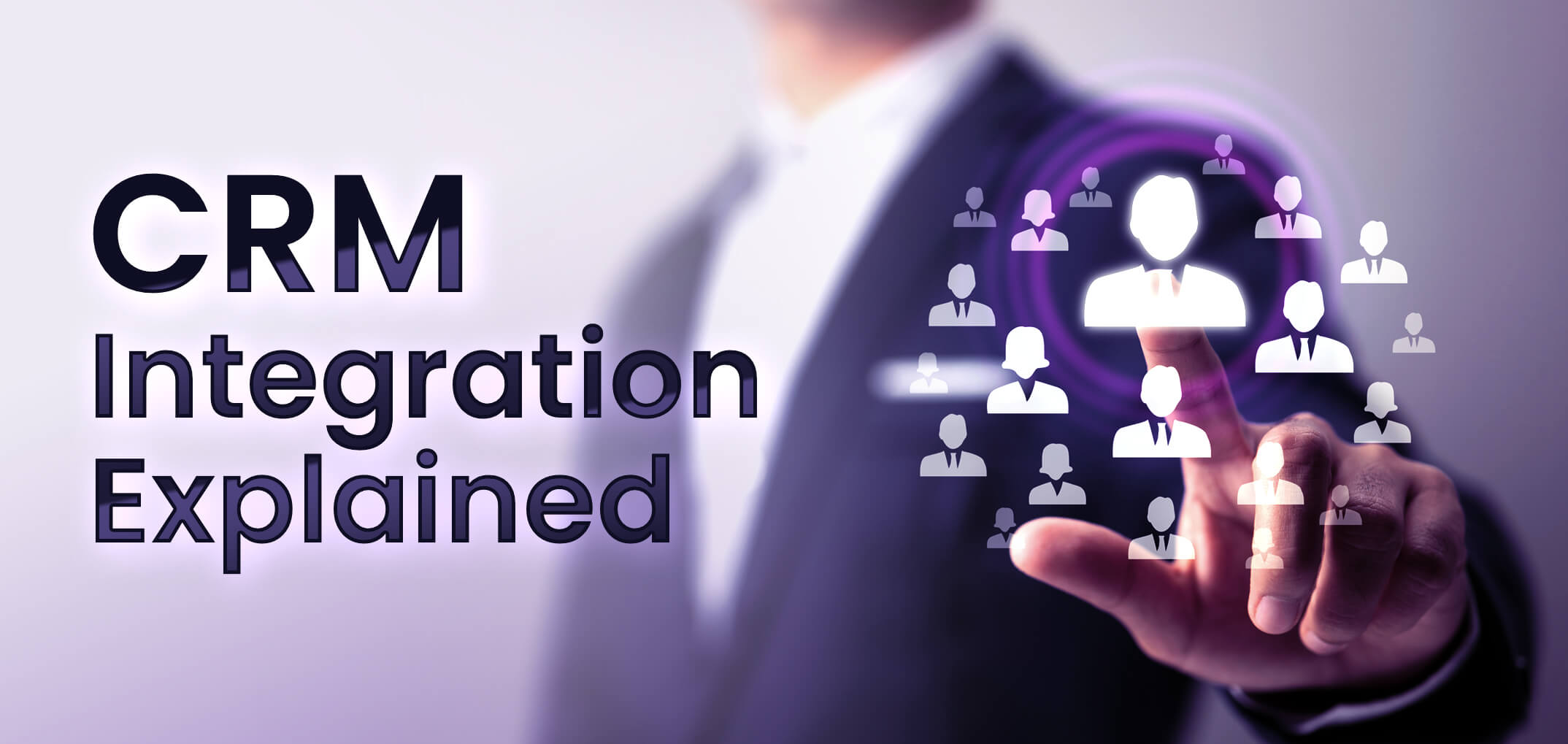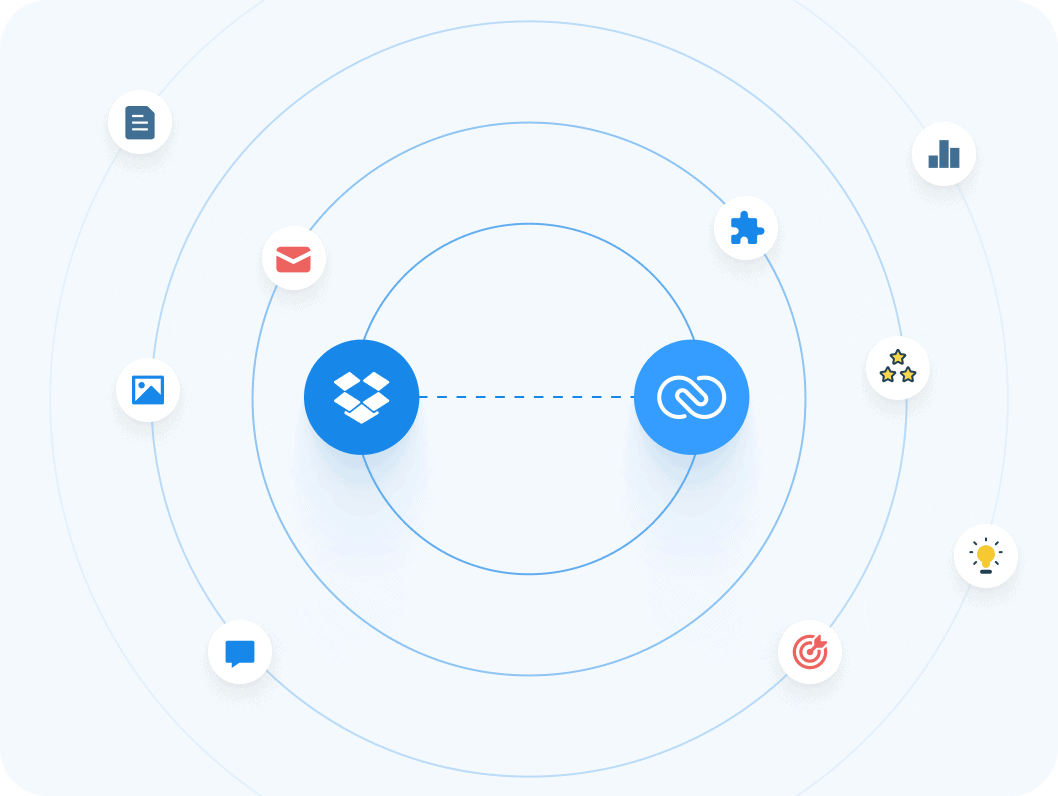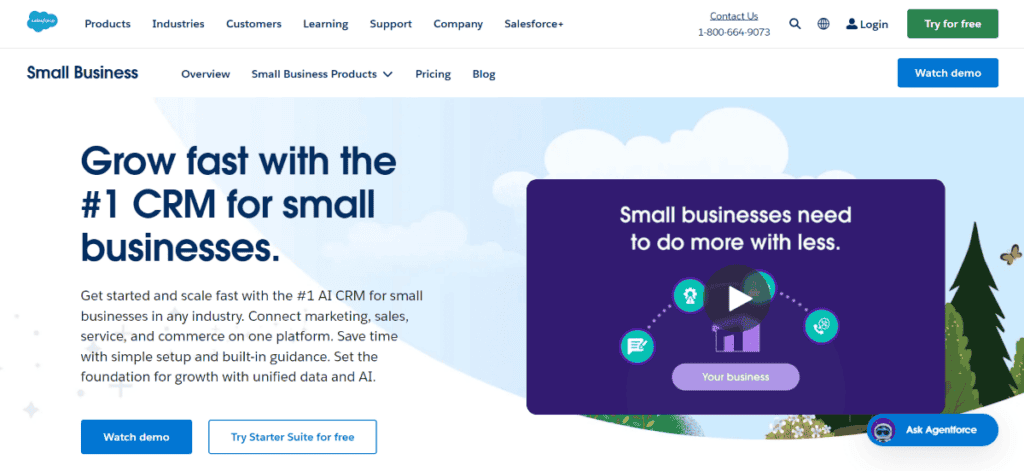Small Business CRM Security in 2025: Protecting Your Data in a Digital World
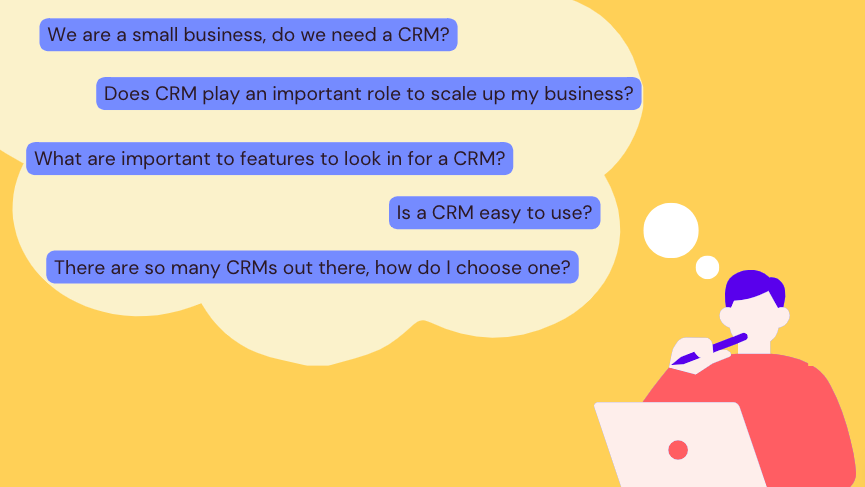
Small Business CRM Security in 2025: Protecting Your Data in a Digital World
The world of business is constantly evolving, and with it, the threats to your valuable data. As a small business owner, you’re likely juggling a million things at once, from managing finances to keeping your customers happy. One critical aspect that often gets overlooked, however, is the security of your Customer Relationship Management (CRM) system. In the coming years, the landscape of CRM security will shift dramatically. Cyberattacks are becoming more sophisticated, regulations are tightening, and the very nature of how we work is changing. This article dives deep into the world of small business CRM security in 2025, equipping you with the knowledge and strategies you need to safeguard your business.
Why CRM Security Matters More Than Ever
Your CRM is the heart of your customer interactions. It’s where you store sensitive information: customer names, addresses, purchase history, communication records, and potentially even credit card details. A breach of this data can be catastrophic, leading to financial losses, reputational damage, and legal ramifications. In 2025, the stakes are higher than ever. Here’s why:
- Increased Cyberattacks: Cybercriminals are relentless. They’re constantly developing new tactics, from phishing scams to ransomware attacks, specifically targeting small and medium-sized businesses (SMBs) that they perceive as easier targets.
- Evolving Regulations: Data privacy regulations, like GDPR and CCPA, are becoming more stringent. Non-compliance can result in hefty fines and legal troubles. Staying ahead of these regulations is crucial.
- Remote Work and Cloud Adoption: The shift towards remote work and the increasing reliance on cloud-based CRM systems have expanded the attack surface. Your data is accessible from anywhere, which means you need robust security measures in place.
- Sophisticated Threats: Artificial intelligence (AI) is being used by both businesses and cybercriminals. AI-powered attacks can identify vulnerabilities and execute attacks much more effectively than traditional methods.
Key Security Threats to Small Business CRMs in 2025
Understanding the threats you face is the first step in protecting your CRM. Here are some of the most significant threats you should be aware of:
1. Phishing and Social Engineering
Phishing attacks remain a persistent threat. Cybercriminals use deceptive emails, messages, or websites to trick employees into revealing sensitive information like login credentials or financial data. Social engineering tactics exploit human psychology to gain access to systems. In 2025, these attacks will become even more sophisticated, leveraging AI to personalize attacks and make them appear more legitimate.
2. Ransomware Attacks
Ransomware, which encrypts your data and demands a ransom payment for its release, is a devastating threat. Attackers are increasingly targeting SMBs with ransomware attacks, knowing that many businesses lack the resources to recover from a data breach without paying the ransom. The rise of “ransomware as a service” makes it easier for criminals to launch these attacks.
3. Malware and Data Breaches
Malware, including viruses and Trojans, can infect your CRM system and steal data or disrupt operations. Data breaches, whether caused by malware, human error, or vulnerabilities in your system, can expose customer data to unauthorized parties. These breaches can lead to significant financial and reputational losses.
4. Insider Threats
Insider threats, whether malicious or unintentional, pose a significant risk. This includes employees who intentionally steal data or inadvertently expose it due to negligence, such as clicking on phishing links or using weak passwords. Ensuring that employees are well trained and understand the importance of data security is critical.
5. Cloud Security Vulnerabilities
If you’re using a cloud-based CRM, you’re relying on your CRM provider’s security measures. However, vulnerabilities can still exist. Misconfigured cloud settings, weak authentication protocols, and vulnerabilities in the cloud provider’s infrastructure can all be exploited by attackers. It’s essential to choose a reputable CRM provider with robust security practices.
6. Supply Chain Attacks
Supply chain attacks target vulnerabilities in the software or services that your CRM system relies on. If a third-party vendor or supplier is compromised, your CRM system could be at risk. It’s important to assess the security practices of your third-party vendors and ensure they meet your security standards.
Essential Security Practices for Your Small Business CRM in 2025
Protecting your CRM requires a proactive approach. Here are some essential security practices to implement:
1. Strong Password Policies and Multi-Factor Authentication (MFA)
This is a fundamental security measure. Enforce strong password policies that require complex passwords and regular password changes. Implement multi-factor authentication (MFA) for all users, requiring them to verify their identity using a second factor, such as a code from a mobile app or a security key. This adds an extra layer of protection, even if a password is compromised.
2. Data Encryption
Encrypt sensitive data both in transit and at rest. This ensures that even if data is intercepted or stolen, it’s unreadable without the decryption key. Most modern CRM systems offer encryption features, but make sure they’re enabled and configured correctly.
3. Access Controls and Permissions
Implement strict access controls and permissions. Grant users only the minimum level of access necessary to perform their job duties. Regularly review and update access permissions to ensure they remain appropriate. Avoid giving everyone administrator privileges.
4. Regular Data Backups
Back up your CRM data regularly and store the backups in a secure location, separate from your primary system. This is crucial for data recovery in the event of a ransomware attack, data loss, or system failure. Test your backups regularly to ensure they can be restored successfully.
5. Security Awareness Training
Educate your employees about security threats, such as phishing, social engineering, and malware. Conduct regular security awareness training sessions to help them identify and avoid threats. Make sure they understand the importance of data security and their role in protecting your business.
6. Vulnerability Scanning and Penetration Testing
Regularly scan your CRM system for vulnerabilities using vulnerability scanning tools. Conduct penetration testing to simulate real-world attacks and identify weaknesses in your security defenses. This helps you proactively address vulnerabilities before they can be exploited by attackers.
7. Firewall and Network Security
Implement a firewall to protect your network from unauthorized access. Segment your network to isolate your CRM system from other parts of your network. Regularly update your firewall and network security configurations to address any vulnerabilities.
8. Intrusion Detection and Prevention Systems (IDPS)
Deploy an intrusion detection and prevention system (IDPS) to monitor your network for suspicious activity. IDPS can detect and alert you to potential threats and even block malicious traffic. This can help you identify and respond to attacks in real-time.
9. Security Audits and Compliance
Conduct regular security audits to assess your security posture and identify areas for improvement. Ensure that your CRM system complies with relevant data privacy regulations, such as GDPR and CCPA. This helps you avoid fines and legal troubles.
10. Choose a Secure CRM Provider
If you’re using a cloud-based CRM, choose a provider with a strong security track record. Research their security practices, certifications, and compliance with industry standards. Look for features like data encryption, regular security audits, and robust access controls. Ensure that the provider offers a service level agreement (SLA) that guarantees security and data protection.
Leveraging AI for CRM Security
Artificial intelligence (AI) is playing an increasingly important role in cybersecurity. Here’s how you can leverage AI to enhance your CRM security:
1. AI-Powered Threat Detection
AI can analyze vast amounts of data to identify patterns and anomalies that may indicate a security threat. AI-powered threat detection systems can detect and respond to attacks in real-time, often faster and more effectively than human analysts. These systems can learn from past attacks and adapt to new threats, providing continuous protection.
2. Behavioral Analytics
AI can analyze user behavior to identify unusual activity that may indicate a compromised account or insider threat. By monitoring user activity patterns, AI can flag suspicious behavior, such as accessing sensitive data at unusual times or from unfamiliar locations. This helps you detect and respond to threats before they cause significant damage.
3. Automated Security Response
AI can automate security responses to detected threats, such as blocking malicious traffic or quarantining infected files. This reduces the time it takes to respond to attacks and minimizes the potential damage. AI-powered automation can also help reduce the workload of your IT staff and free them up to focus on other security tasks.
4. Predictive Security
AI can predict future security threats based on historical data and current trends. This allows you to proactively address potential vulnerabilities and strengthen your security defenses. Predictive security can help you stay ahead of the curve and protect your CRM from emerging threats.
Preparing for the Future of CRM Security
The landscape of CRM security is constantly changing, and it’s essential to prepare for the future. Here are some key trends to watch:
1. Zero Trust Security
Zero trust is a security model that assumes no user or device can be trusted, regardless of whether they are inside or outside the network perimeter. In a zero-trust environment, all access requests are verified and authorized, and users are granted only the minimum level of access necessary to perform their job duties. This approach can significantly reduce the risk of data breaches and protect your CRM from insider threats.
2. Blockchain Technology
Blockchain technology can be used to enhance CRM security by providing a secure and transparent way to store and manage data. Blockchain can be used to create immutable audit trails, verify data integrity, and prevent unauthorized access to sensitive information. This technology is still evolving, but it has the potential to revolutionize CRM security.
3. Quantum Computing
Quantum computing has the potential to break existing encryption algorithms. As quantum computing technology advances, it will be necessary to adopt new encryption methods that are resistant to quantum attacks. This will require investing in post-quantum cryptography and updating your CRM security infrastructure.
4. Increased Automation
Automation will play an increasingly important role in CRM security. AI-powered automation tools will be used to automate security tasks, such as vulnerability scanning, threat detection, and incident response. This will help reduce the workload of your IT staff and improve the efficiency of your security operations.
5. Focus on Employee Training
Employee training will continue to be a critical component of CRM security. As cyber threats become more sophisticated, it’s essential to train your employees to recognize and avoid threats, such as phishing attacks and social engineering. Regular training sessions and security awareness programs will help ensure that your employees are prepared to protect your business.
Taking Action: A Step-by-Step Guide
Securing your small business CRM can seem daunting, but it doesn’t have to be. Here’s a step-by-step guide to get you started:
- Assess Your Current Security Posture: Conduct a security audit to identify vulnerabilities and weaknesses in your CRM system.
- Develop a Security Plan: Create a comprehensive security plan that outlines your security goals, policies, and procedures.
- Implement Security Measures: Implement the essential security practices discussed in this article, such as strong password policies, multi-factor authentication, data encryption, and access controls.
- Train Your Employees: Educate your employees about security threats and best practices.
- Monitor and Review: Regularly monitor your CRM system for suspicious activity and review your security policies and procedures.
- Stay Informed: Stay up-to-date on the latest security threats and best practices.
- Choose the Right CRM: Select a CRM system with robust security features and a strong security track record.
Conclusion: Securing Your Future
In 2025, CRM security is not just a technical issue, it’s a business imperative. By understanding the threats, implementing essential security practices, and staying ahead of the curve, you can protect your valuable customer data and safeguard your business. Prioritize security, invest in the right tools and training, and you’ll be well-positioned to navigate the evolving landscape of cyber threats and ensure a secure future for your small business. Remember that security is an ongoing process, not a one-time fix. Stay vigilant, adapt to the changing threat landscape, and make CRM security a priority to protect your business and your customers’ trust.

